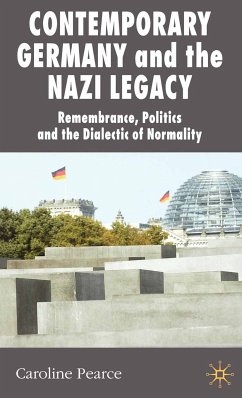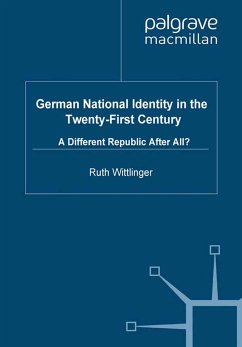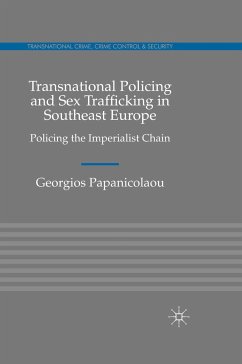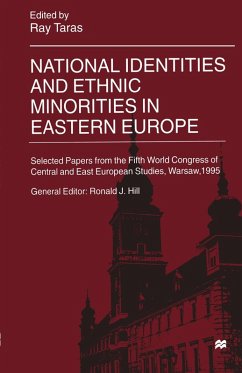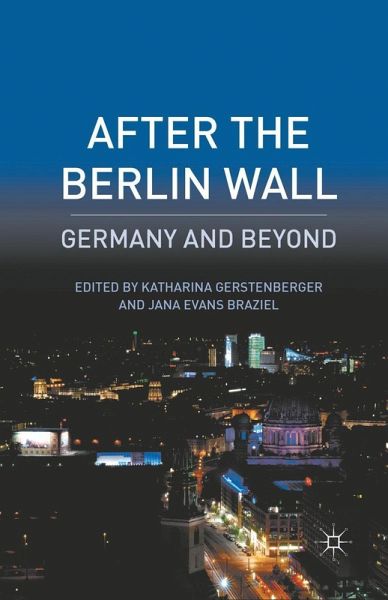
After the Berlin Wall (eBook, PDF)
Germany and Beyond
Redaktion: Gerstenberger, K.; Braziel, J.
Versandkostenfrei!
Sofort per Download lieferbar
40,95 €
inkl. MwSt.
Weitere Ausgaben:

PAYBACK Punkte
20 °P sammeln!
Twenty years after its fall, the wall that divided Berlin and Germany presents a conceptual paradox: on one hand, Germans have sought to erase it completely; on the other, it haunts the imagination in complex and often surprising ways
Dieser Download kann aus rechtlichen Gründen nur mit Rechnungsadresse in A, B, BG, CY, CZ, D, DK, EW, E, FIN, F, GR, HR, H, IRL, I, LT, L, LR, M, NL, PL, P, R, S, SLO, SK ausgeliefert werden.



